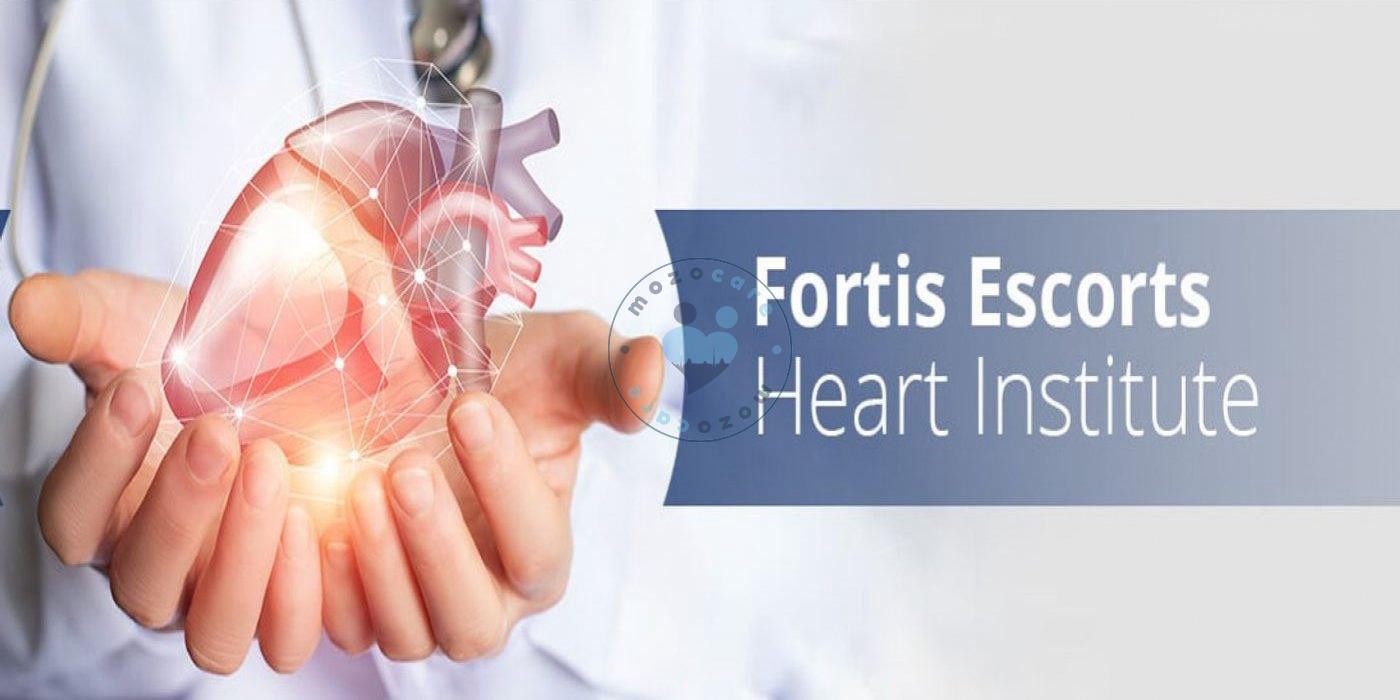

There are many factors that can affect the costs
An electrocardiogram (ECG or EKG) is an examination that detects how your heart is functioning by determining the electrical activity of the heart. With every heartbeat, an electrical impulse travels through your heart. The wave causes the muscle to squeeze and propel blood from the heart. The electrical activity of the heart is then computed, analyzed, and printed out. No electricity is sent into the body.
An EKG will help your doctor understand the cause of your symptoms along with what kind of treatment might be necessary.
Which other Cardiology procedures can I find abroad?
There are many accredited and modern hospitals providing high standard Cardiology treatments abroad. Coronary Angioplasty hospitals abroad, Pacemaker Implantation hospitals abroad, Ventricular Septal Defect (VSD) Closure abroad etc.
An electrocardiogram (also called an ECG or EKG) is performed to identify problems with the heart, such as heart disease, heart failure, cardiomyopathy, congenital heart defects, heart valve disease, or pericarditis. An electrocardiogram is a painless and non-invasive. The procedure is performed by attaching electrodes to the skin, which detect electrical impulses from the heart, indicating the size of the heart chambers, regularity of the heartbeat, and other details. Recommended for Chest pain Fast or irregular heartbeat Breathing problems Tiredness and weakness Unusual sounds from the heart.
Time requirements Number of days in hospital 1 . Usually no overnight stay is required. Average length of stay abroad 1 - 2 days. Patients can usually fly straight away, unless the electrocardiogram identifies serious heart problems. An electrocardiogram can identify an irregular heartbeat or other signs of heart problems.
It is advisable to avoid drinking cold water or exercising immediately before the test as this can affect the results. Before the test begins, the patient will be asked to change into a hospital gown. In some cases, the patient may need to have some hair shaved to allow the patches to correctly attach.,
Once the preparation is complete, the patient is then asked to lie on a table and the electrodes which are attached to sticky patches, are attached to the patient's skin using a gel. Normally, between 12 to 15 electrodes are attached to the patient's arms, legs, and chest. In order to detect a irregular heartbeat, the doctor may conduct other tests in conjunction with the ECG such as a stress test.
During a stress test, the patient will be asked to exercise while the doctor monitors the heart's response. Procedure duration Usually a few minutes. The electrodes are placed around the heart on the chest.,
Post procedure care.
Often, the doctor will be able to explain the results of the electrocardiogram immediately after the tests. If the results of the test are normal, some patients may not need further tests.
However, if the results show that there is a problem with the heart, the patient may need to repeat the ECG, or the doctor might prefer to perform another diagnostic test, such as an echocardiogram.
Possible discomfort; The patient may experience some minor discomfort when the bandage is removed from the skin.,
| Fortis Escorts Heart Institute | |
| Fortis Hospital Mulund | |
| Wockhardt Hospital South Mumbai | |
| Fortis Hospital Bangalore | |
| Fortis Hospital Bangalore | |
| Fortis Hospital Bangalore | |
| Capital Health - CityPraxen Berlin | |
| HELIOS Hospital Berlin-Zehlendorf | |
| Antwerp University Hospital | |
| HELIOS Dr. Horst Schmidt Hospital Wiesbaden |

New Delhi, India

Mumbai, India

Mumbai, India

Bangalore, India

Bangalore, India